In this article, I’ll introduce you to the best German movies and show you by my own example that watching movies is one of the best ways to learn a language! The truth is that if I hadn’t subscribed to Netflix a few years ago, I probably wouldn’t be studying dual language philology right now. It was mainly by watching movies and series that I learned new vocabulary and gained more confidence in using the language.
To learn more about the benefits of this way of learning, I invite you to read this article. Let’s get started!
- Learning a language by watching videos – why is it so effective?
- The best German films to watch
- Das Cabinet des Dr. Caligari (The Cabinet of Dr. Caligari) – Robert Wiene
- Metropolis – Fritz Lang
- Lolla rennt (Run Lola Run) – Tom Tykwer
- Das Weisse Band – Eine deutsche Kindergeschichte (The White Ribbon) – Michael Haneke
- Good Bye Lenin! – Wolfgang Becker
- Der Untergang (Downfall) – Oliver Hirschbiegel
- Gegen die Wand (Head-on) – Fatih Akin
- Willkommen bei den Hartmanns (Welcome to Germany) – Simon Verhoeven
- Das Leben der Anderen (The Lives of Others) – Florian Henckel von Donnersmarck
- Christiane F. – Wir Kinder vom Bahnhof Zoo (We Children from Zoo Station) – Uli Edel
- Der Himmel über Berlin (Wings of Desire) – Wim Wenders
- Die Blechtrommel (The Tin Drum) – Volker Schlöndorff
- What is the best way to watch movies in German?
- Learn vocabulary from movies with the Taalhammer app!
Learning a language by watching videos – why is it so effective?
- Naturalness of the language: Unlike learning a language at school, when watching films we have the opportunity to encounter authentic language used by native speakers. The characters in the films use everyday language, employing not only standard grammar and vocabulary but also colloquial expressions, abbreviations, idioms and collocations. This will give you an idea of how the language is used in reality, which may differ slightly from the book versions.
- Variety of accents and dialects: Videos give us the opportunity to learn about different accents and dialects, which is important when learning German, which has many varieties. In addition to being spoken in several countries, it also varies from region to region in Germany. This brings us to our next point.
- Developing listening skills: Watching videos helps you develop your ability to listen and understand the spoken language, which is a key skill needed to converse in a foreign language. What’s more, on some platforms you have the option to play videos in slow motion. If you are just starting out in German, this option can be very useful. Learning a language from songs also works on a similar basis.
- Pleasure and engagement: Watching videos can be enjoyable and engaging, making learning more appealing. According to many studies, people are often more likely to continue learning when it is enjoyable and doesn’t require much effort. Although we know the importance of regularity in learning and constant contact with the language, we rarely feel like studying in the evening after work when we are tired. Watching a TV series or movie can be a great alternative to help us persevere with regularity. Click here to learn more about how to personalise learning.
- Variety of topics: Movies cover a variety of topics, from historical documentaries to entertaining romantic comedies. Find movies related to your interests, making learning even more interesting for you. The films present a variety of communication situations, from social conversations to business negotiations or emotional scenes. This allows you to gain skills for dealing with different communication contexts. Pay attention to what language the actors use in different situations – for example, how friends greet each other, compared to a boss and employee at a business meeting.
- Availability of materials: Using the Internet and streaming platforms, you can easily find movies in different languages and with subtitles. The choice is large, so I’ve compiled a list of the best German movies for you to use at your earliest opportunity!
- Visual Aids: Watching videos allows you not only to listen, but also to observe the body language, gestures and facial expressions of the actors. These visual cues can help you understand the context and interpret the emotions and intentions of the speakers. If you don’t know a word or phrase, with the help of images and gestures, you may be able to understand the meaning of what is being said. You can read more about effective learning methods in this article. However, if you need additional help, use the Taalhammer app! When a particular word or phrase catches your ear and you find it worth remembering, you can add it to your own collection. Create your own fiches and sets, then learn them with the advanced repetition system. There is no more enjoyable way to learn new vocabulary!
The best German films to watch
In this article, we will dive into the fascinating world of German cinema, exploring both the classic works that continue to inspire filmmakers and the latest productions that are succeeding on the international film scene. In this list you will find exceptional films that move, surprise and leave a deep mark on world cinema.
Das Cabinet des Dr. Caligari (The Cabinet of Dr. Caligari) – Robert Wiene
The 1920 film The Cabinet of Dr. Caligari is a masterpiece of silent cinema and one of the most important works in the history of cinema, influencing many later films and directors. The plot of the film centers on the story of a mysterious hypnotist, Dr. Caligari, who uses his patient Cesare to commit a series of mysterious murders in a small town. However, it turns out that the doctor himself is the director of a hospital for the mentally ill. The film is known primarily for its unique aesthetics and style. The sets and decorations in the film are composed in a way that is reminiscent of expressive expressionist painting, creating an unrealistic, dreamlike world. The narrative is full of twists and turns and uncertainty, and the film explores themes such as insanity, mind control and human evil. Das Cabinet des Dr. Caligari can be viewed on YouTube.
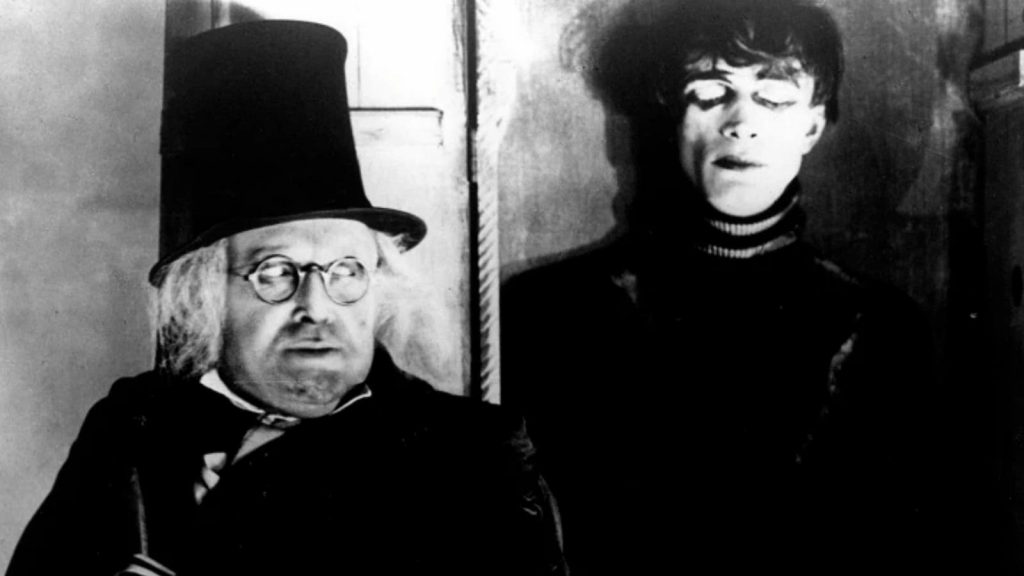
Metropolis – Fritz Lang
Metropolis (1927), created by Fritz Lang, is a landmark masterpiece of the science-fiction genre which remains an icon of expressionism in cinema to this day. It is a film that is permanently inscribed in the history of cinema as a veritable visual poem and a reflection on human aspirations and the destructive impact of technology. The film is set in a futuristic city, where the picture of society is clearly divided – the workers live underground, and the privileged class of intellectuals on the surface. Fritz Lang’s Metropolis visionarily portrayed the consequences of rapid technology-driven development, resulting in the creation of a dystopian, mechanized world. The film’s message of social inequality, class conflict and the role of technology in society is still relevant today. Metropolis can be viewed on YouTube.
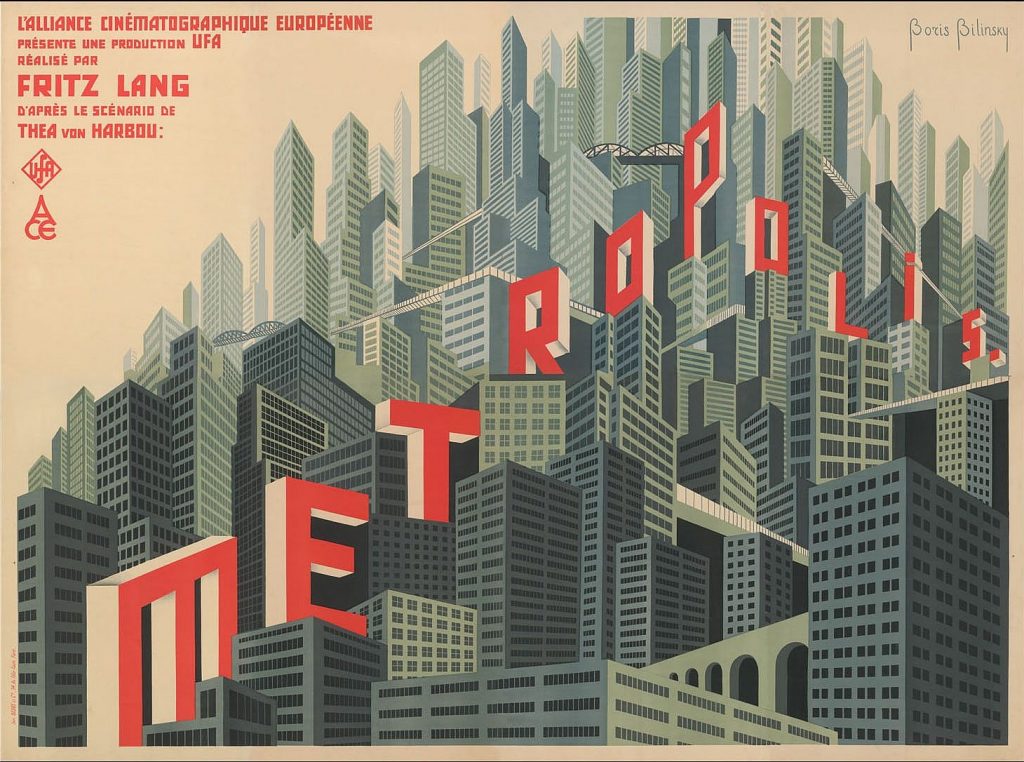
Lolla rennt (Run Lola Run) – Tom Tykwer
Run Lola Run is a 1998 German film directed by Tom Tykwer. It is an energetic and emotional story set in Los Angeles, where a young woman, Lola, must run through the city to fulfill the task set by a mob boss and save the life of her boyfriend. Significantly, all the action of the film is shown three times, each time presenting a different version of events. The film is full of dynamics, which makes it a real pleasure to watch. It is a story of love and determination that moves and draws the viewer in from the first to the last moment.
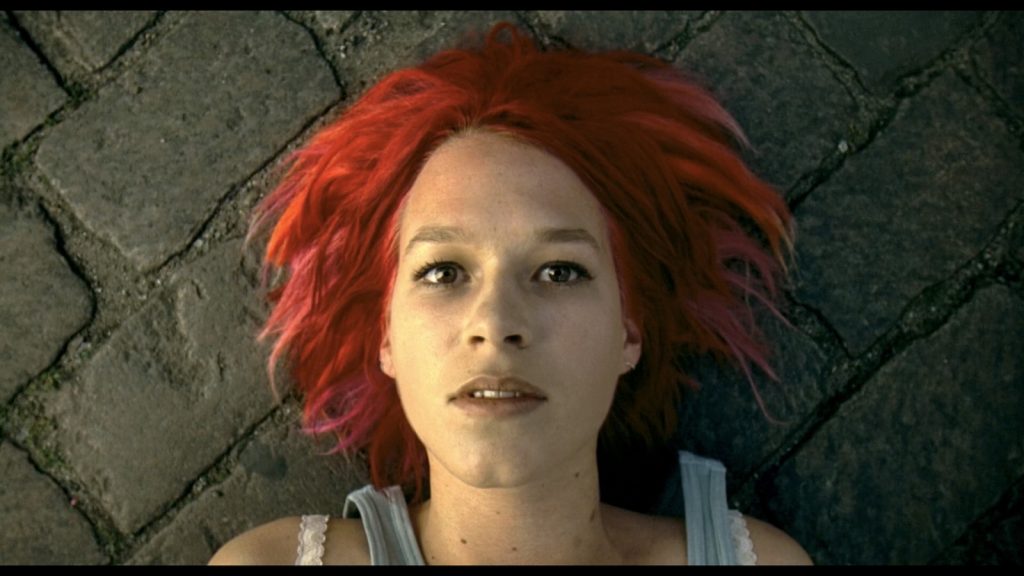
Das Weisse Band – Eine deutsche Kindergeschichte (The White Ribbon) – Michael Haneke
The White Ribbon (2009), directed by Michael Haneke, is a masterpiece that leaves the viewer with a shiver down their spine and deep reflections on human nature. The film is set in a quiet German village before World War I, where mysterious and terrifying events unexpectedly occur. This work features a mesmerizing aesthetic in black and white, which adds depth and drama to the film. For lovers of challenging cinema, this is an absolute must-see. The film The White Ribbon was nominated for an Academy Award for Best Cinematography and Best Foreign Language Film, and won the Golden Globe Award.
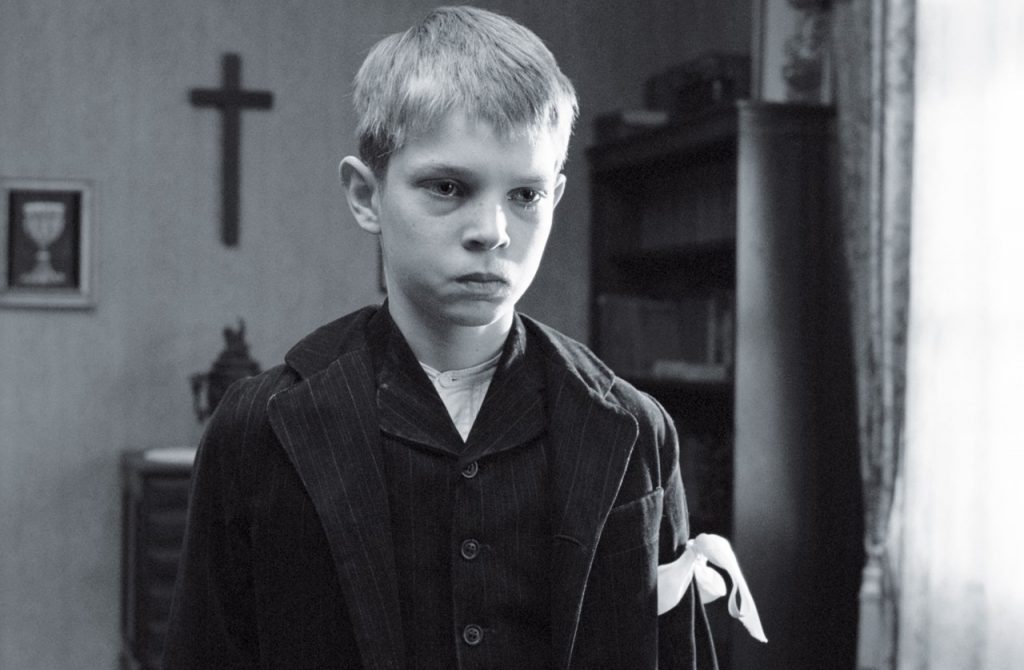
Good Bye Lenin! – Wolfgang Becker
Good Bye Lenin! (2003) is a fascinating comedy-drama with a wonderful atmosphere and a profound message. The story of the main character, who has to create the illusion that communism is still going on in order to save his mother from the shock of the fall of the Berlin Wall, is not only funny, but also full of emotion. The icing on the cake is the superb acting of Daniel Brühl, whom we have seen over the years in Tarantino’s Inglourious Basterds, among others.
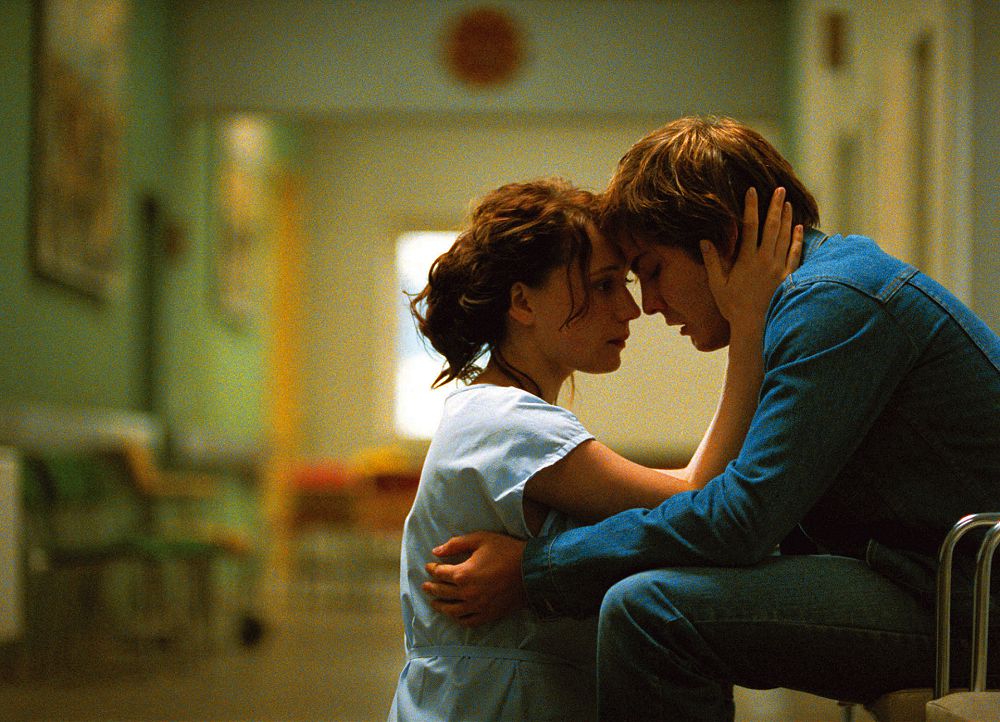
Der Untergang (Downfall) – Oliver Hirschbiegel
Der Untergang (2004) is a film that remains in the viewer’s memory for a long time and is worth recommending both as an outstanding film production and as a source of deeper reflections on history and morality. The film shows a harrowing picture of Adolf Hitler’s bunker in Berlin during the final days of World War II. We see the downfall of Hitler himself, as well as the fate of the people around him, both supporters and opponents of the Nazi regime. Der Untergang is a difficult and controversial film, but at the same time historically important. It is an excellent work of cinema that provokes reflection on the causes and consequences of Nazism, as well as on human nature in extreme conditions.
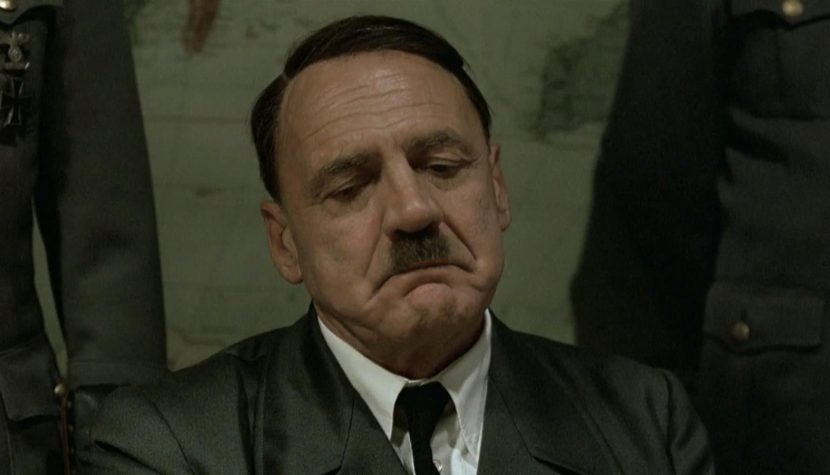
Gegen die Wand (Head-on) – Fatih Akin
Gegen die Wand (2004) is the winner of the Golden Bear at the Berlin Film Festival and of the European Film Academy’s Best European Film. It is a passionate and painful film that transforms love and rebellion into a true work of art. Director Fatih Akin leads viewers through the dark recesses of the souls of the protagonists, Cahit and Sibel, who, struggling with their own demons of the past and cultural expectations, decide on a marriage of convenience. This is a moving drama with elements of romance that engages the viewer in the emotional and psychological journey of two characters as they struggle with their own life choices.
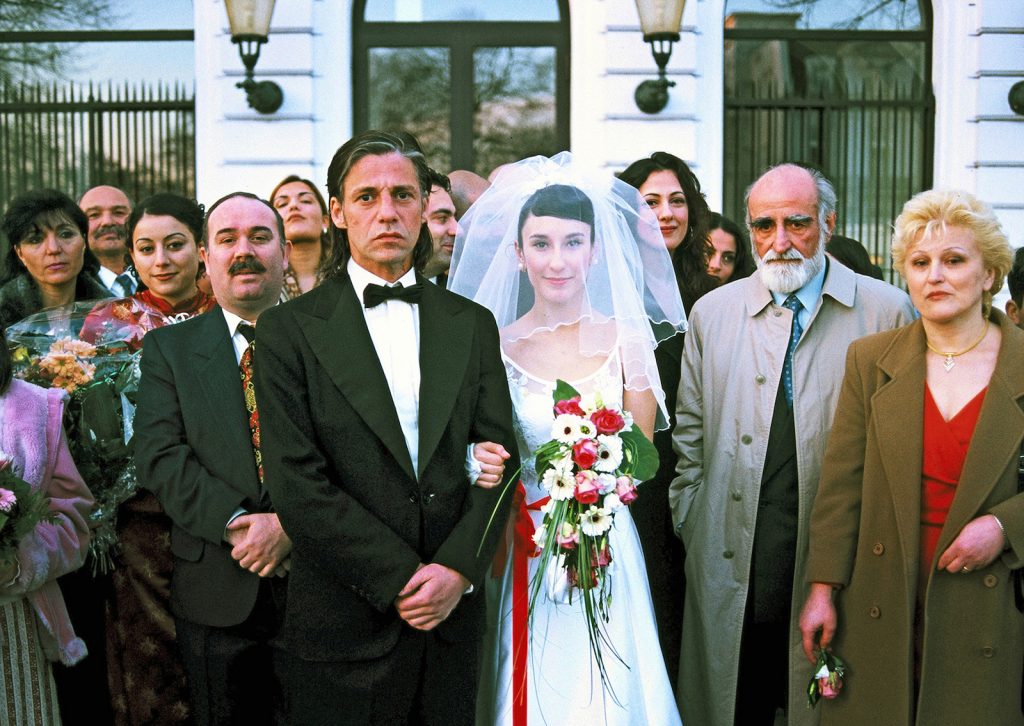
Willkommen bei den Hartmanns (Welcome to Germany) – Simon Verhoeven
I’ve tried to make sure there’s something for everyone on this list, so there’s no shortage of comedies on it, too! Willkommen bei den Hartmanns (2016) takes us to the home of the Hartmann family, whose life changes radically when they decide to take a refugee under their roof. The confrontation of different worlds, cultures and languages leads to a series of humorous and somewhat crazy situations. This is a film that reminds us of the power of empathy and solidarity, but does so in a fun and enjoyable way. A great cast and an intelligent script make it a worthy title. This film is an excellent choice for those looking for a comedy with a message.
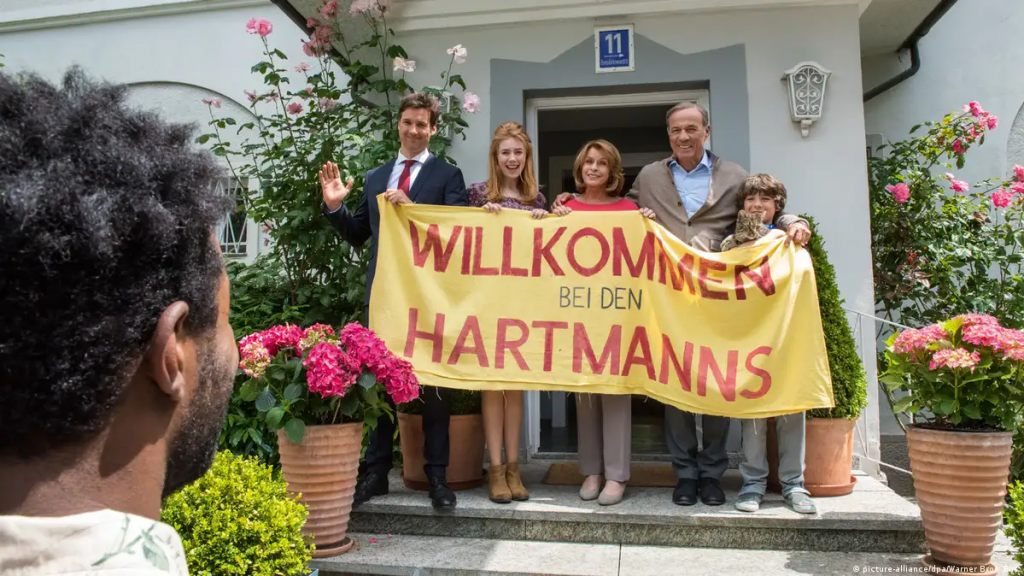
Das Leben der Anderen (The Lives of Others) – Florian Henckel von Donnersmarck
Das Leben der Anderen (2006) is a deeply moving story about surveillance in East Germany during the Cold War. The film takes us to East Berlin, where secret Stasi agents eavesdrop on the lives of citizens. As we follow the lives of a dramatic writer and his partner, we discover the power of love and the spirit of resistance. Das Leben der Anderen is not only a historical picture, but also a universal story about morality and forgiveness. It is a film that deeply moves, leaving a lasting mark on the heart. It deservedly won an Oscar and remains one of the most important works of German cinema.
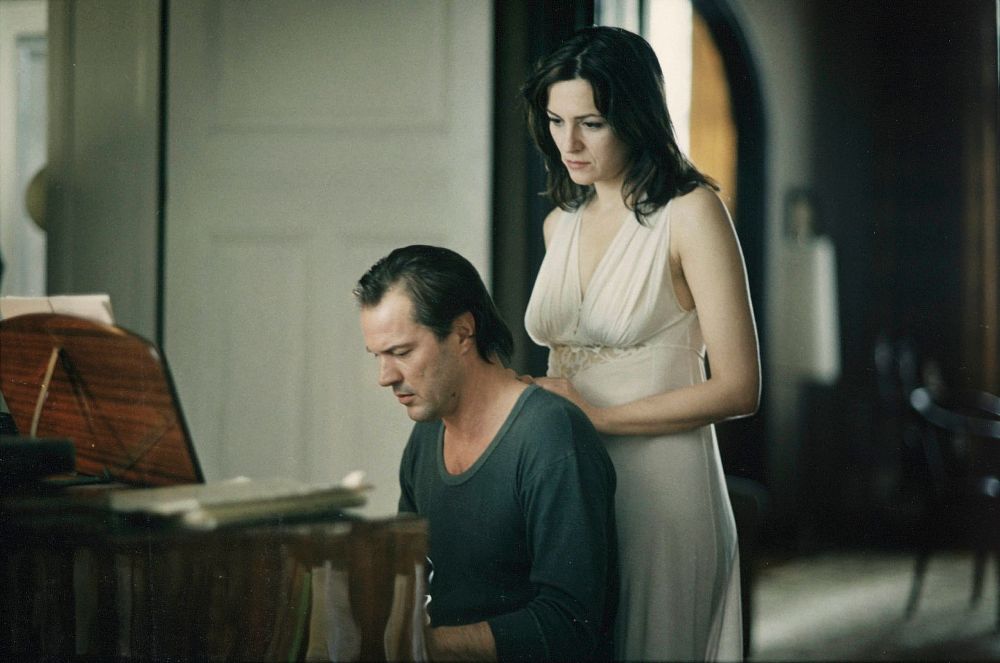
Christiane F. – Wir Kinder vom Bahnhof Zoo (We Children from Zoo Station) – Uli Edel
We Children from Zoo Station (1981) is a harrowing film that tells the story of young Berlin girl Christiane F.’s struggle with addiction. It’s a dark tale that reveals the reality of life on the streets of the city, where young people struggle with addiction and despair. The acting of young Natya Brunckhorst in the lead role is poignant and convincing. Although We Children from Zoo Station is a difficult film to watch due to the severity of the issues presented, it is an important and courageous work that leaves the viewer with a deep feeling of empathy and reflection on life.
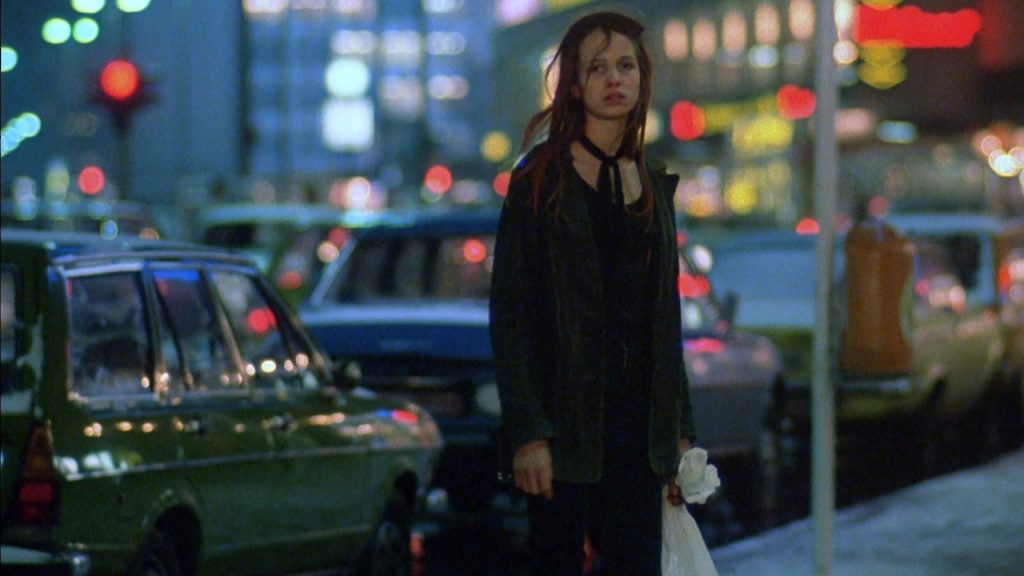
Der Himmel über Berlin (Wings of Desire) – Wim Wenders
Wings of Desire (1987) is a poetic and contemplative film that transforms the observation of human life into cinematic art. Director Wim Wenders has created an unusually melancholy and philosophical story about two angels, Daniel and Cassiel, who spend their days observing, listening and comforting people in their daily lives. However, when Daniel falls in love with a human woman, Maria, him making the decision to be with her becomes the main plot of the film. Wings of Desire is full of beautiful images that show the city and its people in an intimate and lyrical way. The work delights with its poetic form and depth of message. Thus, it forces us to stop and look at the world from a completely different perspective.
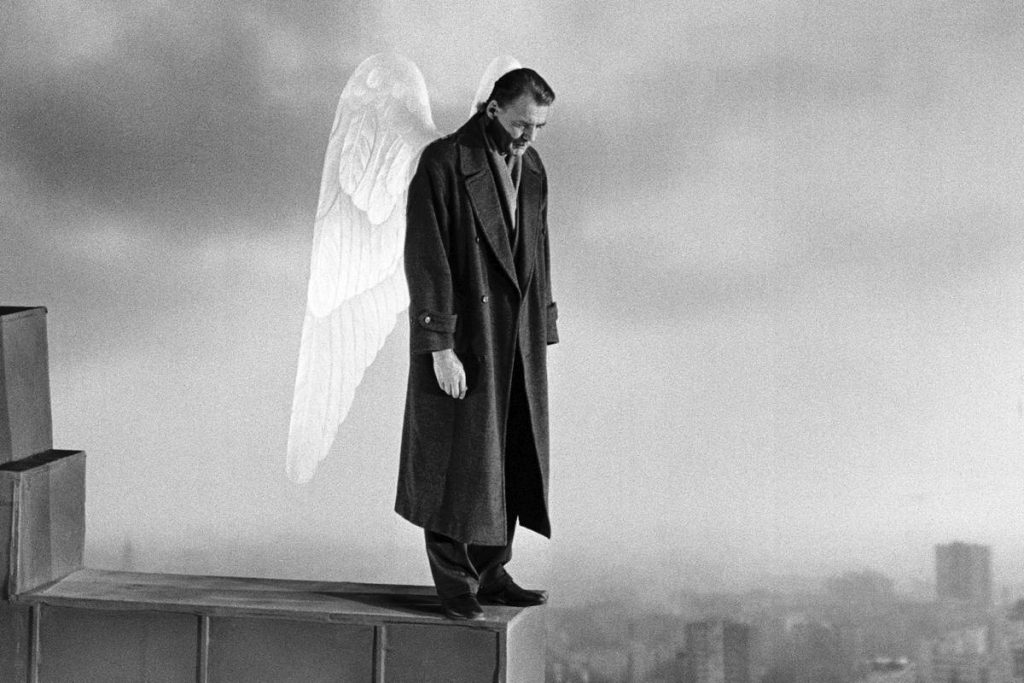
Die Blechtrommel (The Tin Drum) – Volker Schlöndorff
The Tin Drum (1979) is an unforgettable and moving story of childhood, innocence and passing, set in the harsh realities of Nazi Germany. Directed by Volker Schlöndorff, the film won the Academy Award for Best Foreign Language Film and the Palme d’Or at Cannes. It is a story that perversely depicts the traumatic events of World War II as seen through the eyes of a child. The film tells the story of Oskar, who at the age of three decided to stop growing. His favorite toy became a tin drum, with which he expressed his opposition to the changes taking place in the world. His observations and comments provide a satirical commentary on the political and cultural events of the period.
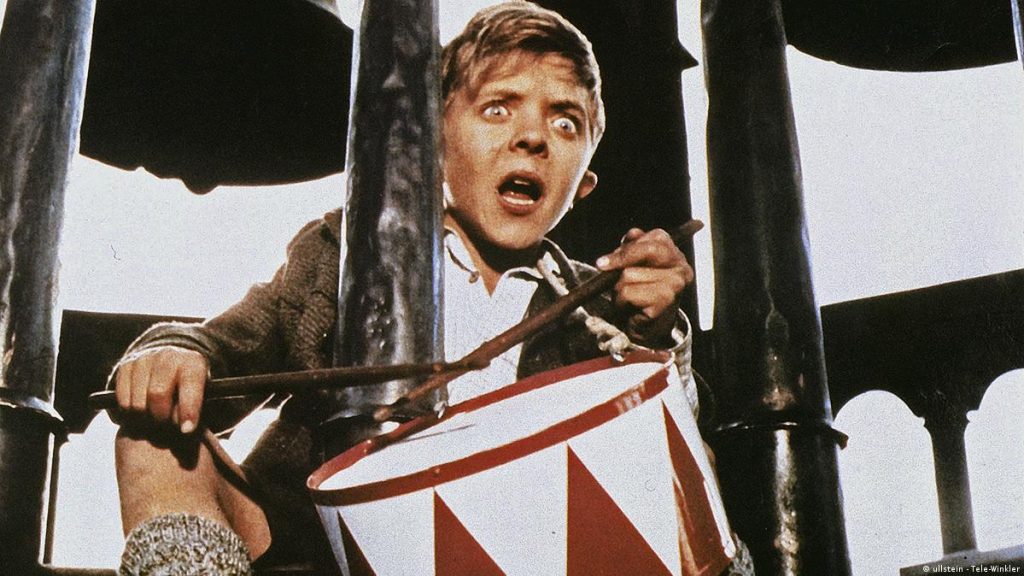
What is the best way to watch movies in German?
Wondering whether it’s better to watch movies with or without subtitles? The answer is yes and yes! These are two different exercises that will help you develop different skills.
- Watching a movie with subtitles is great for increasing your vocabulary. You will learn the pronunciation and spelling of new words at the same time. By reading the dialogues, you can notice how the sentences function and better see how grammar and punctuation are used.
- Watching a movie without subtitles forces you to listen carefully. As a result, what often happens is that you suddenly begin to understand more and more. This way will help you develop your listening skills, and thus improve your conversation skills. Focusing on listening helps you learn the natural rhythm and melody of the language, which will improve your accent.
In general, watching videos both with and without subtitles is a valuable tool in learning German. So it’s worth using both ways. A great tool you can use is the Language Reactor plug-in. It is completely free and allows you to watch movies and TV series with two lines of subtitles at the same time, so you can visually link translations to dialogues and learn new vocabulary. You can use it while watching Netflix or YouTube. I encourage you to try it out!
Learn vocabulary from movies with the Taalhammer app!
I hope that some of the items on the list appealed to you. Now there’s nothing left for you to do but watch videos and try out a new way of learning German! To get even more out of watching a movie and permanently memorize new vocabulary, use the Taalhammer app and German language course. After you create your own set of words and phrases that capture your attention, our app will prepare a series of repetitions for you based on an algorithm, tailored to your needs and learning pace. Good luck in learning German!





